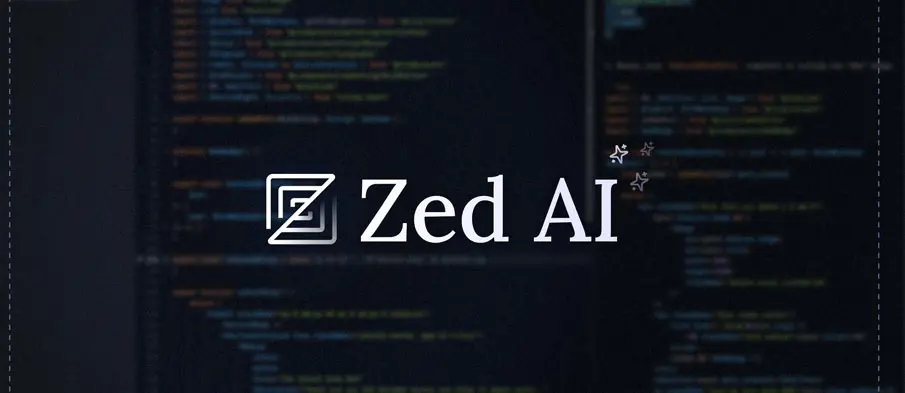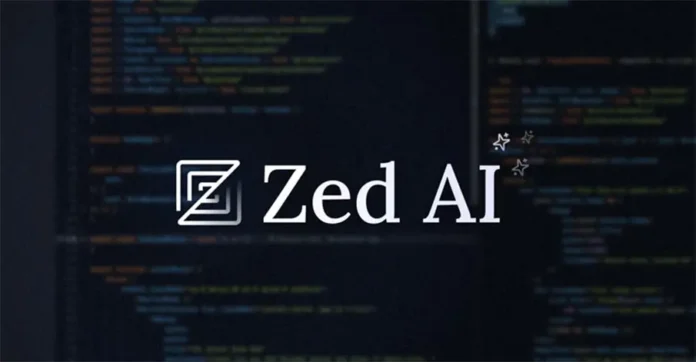
Zed, the fast and open-source code editor built with Rust, has rolled out a new global setting—”disable_ai”: true—that lets users completely switch off all AI functionalities. “If you don’t want AI in your workflow, it won’t be there,” the Zed team stated in a blog post dated July 23. This feature is currently in preview and is set to be included in the upcoming stable release. Additionally, a simple toggle during onboarding for new users will soon be introduced, making it easier for developers to choose whether or not to engage AI features right from the start.
The move comes as a response to feedback from the Zed community, especially discussions on GitHub, reflecting growing concerns about AI’s environmental impact, the ethics of training data usage, and adherence to organizational compliance standards. “We’ve heard these concerns from our users, and we agree these are valid engineering decisions,” the development team explained, emphasizing their commitment to addressing these important issues.
While Zed remains at the forefront of integrating AI with code editing through agentic engineering and advanced features, it also embraces privacy and flexibility. The editor supports local AI models, enables users to plug in their own API keys, and upholds a strict zero-retention policy with AI provider Anthropic, reinforcing its focus on user control and data privacy. This balanced approach highlights Zed’s mission to blend powerful AI capabilities with full user autonomy.
Positioned as a performance-driven alternative to AI-heavy editors like Cursor and Windsurf, Zed is rapidly gaining traction thanks to features like Vim mode, a local-first architecture, and robust offline editing support. Licensed under GPL, the project is actively working toward Windows compatibility and expanding support for diverse AI models, ensuring it remains a versatile tool for developers across platforms.
By offering a comprehensive AI off-switch alongside advanced AI integrations, Zed is setting a new standard in empowering developers to tailor their coding environments to their preferences and ethical considerations.





